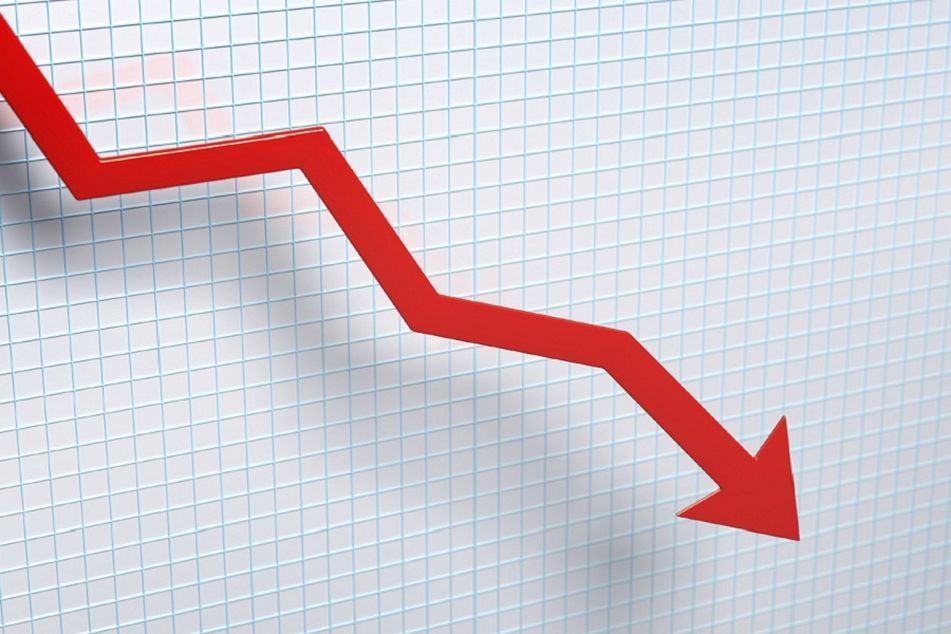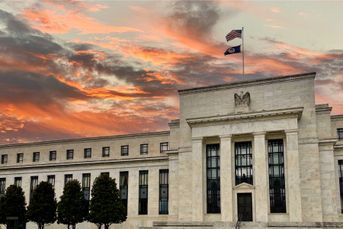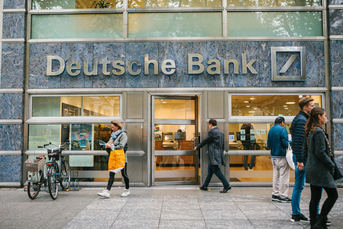Franklin Templeton fund biggest loser as Argentine assets plummet
 Sales are on the down square interior
Sales are on the down square interior
Large funds from Ashmore and Fidelity also suffered.
The dramatic decline in Argentine assets is wreaking havoc on some of the largest U.S. money managers.
(More: The 4 biggest risks for US equity investors)
Funds with high exposure to the South American nation tumbled Monday after President Mauricio Macri’s stunning defeat in primary elections over the weekend. The biggest loser among emerging-market funds with at least $1 billion was the $11.3 billion Templeton Emerging Markets Bond Fund, run by bond chief Michael Hasenstab, which fell by 3.5%, according to data compiled by Bloomberg. That was its largest daily drop since the October 2008 global financial crisis.
A spokeswoman at Franklin Templeton declined to comment. The Templeton fund had a 12% allocation to Argentina as of June 30, including Treasury bonds and notes linked to the nation’s benchmark rate, according to data compiled by Bloomberg. Argentine sovereign and corporate bonds erased $16.8 billion of their value in the Bloomberg Barclays emerging-market index on Monday.
(More: John Bogle says investors don’t need to own international stocks)
Argentine assets extended their unprecedented slide on Tuesday amid investor concern that opposition candidate Alberto Fernandez would bring back the populist policies, including currency controls, that were commonplace under Cristina Kirchner, the vice president on his ticket. The peso hit a record low Monday, and the yield on the nation’s century bonds spiked to an all-time high of 14%.
The plunge “shows the painful and long-lasting impact of Argentina’s belligerent treatment of creditors,” said Mike Conelius, a money manager at T. Rowe Price Group Inc. in Baltimore, whose $5.8 billion emerging-market bond fund slumped by 2.2% on Monday, the most in six years. About 7.3% of the T. Rowe portfolio was exposed to the country.
(More: InvestmentNews’ Icons & Innovators 2017: Mohamed El-Erian)
[Recommended video: How the 2020 elections could impact ESG investing]
Learn more about reprints and licensing for this article.








